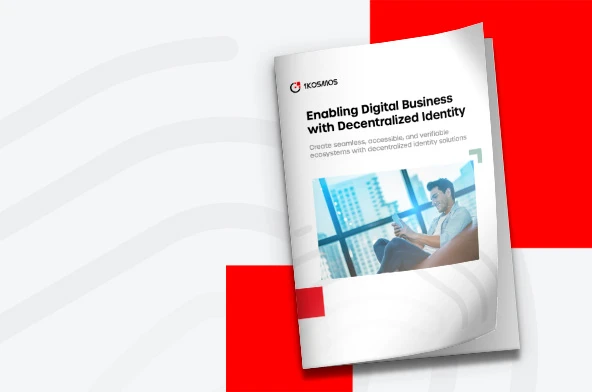Democratization and freedom-enhancing characteristics of the blockchain seen in many projects also apply in the case of consumer genomics , which is the concept of uplifting organizations to the blockchain (to the cloud in a decentralized, secure way) to escape the limitations of local jurisdictional laws and regulation. That there is a need for this does not necessarily signal illegal “bad players” with malicious intent; rather, it indicates a lack of trust, support, relevance, and espousal of shared values in local jurisdictional governments. Traditional government 1.0 is becoming outdated as a governance model in the blockchain era, especially as we begin to see the possibility to move from paternalistic, one-size-fits-all structures to a more granular personalized form of government.
Genomics can be added to the list of examples of uplifting transnational organizations to the decentralized blockchain cloud like ICANN, WikiLeaks, Twitter, Wikipedia, GitHub, and new business registrations as DACs. Transnational blockchain genomics makes sense in the context of the right to personal information (the right to one’s own genetic information) being seen as a basic human right, especially given the increasing cost feasibility per plummeting genomic sequencing costs.
In one view, consumer genomics can be seen as a classic case of personal freedom infringement. In many European countries and the United States, paternalistic government policy (influenced by the centralized strength of the medical-industry lobby) prevents individuals from having access to their own genetic data. Even in countries where personal genomic information is used in health care, there is most often no mechanism for individuals to get access to their own underlying data.
In the United States, prominent genomic researchers have tried to make a public case that the “FDA [Food and Drug Administration] is overcautious on consumer genomics,” and established in studies that there is no detrimental effect to individuals having access to their own genomic data. In fact, the opposite might be true: in the humans-as-rational-agents model, 80 percent of individuals learning of a potential genetic predisposition for Alzheimer’s disease modified their life-style behaviours (e.g., exercise and vitamin consumption) as a result.
Other news accounts continue to chronicle how individuals are seeking their own genomic data and finding it useful—for example, to learn about Alzheimer’s and heart disease risk. As a result of paternalistic purview, and no clear government policies for the preventive medicine era, US-based consumer genomics services have closed and directed their services exclusively toward a physician-permissioning model (ex. Pathway Genomics, Navigenics) or been forced to greatly curtail their consumer-targeted services. In response, blockchain-based genomic services could be an idea for providing low-cost genomic sequencing to individuals, making the data available via private key.
One of the largest current transformational challenges in public health and medicine is moving from the current narrowband model of “having only been able to treat diagnosed pathologies” to a completely new data-rich era of preventive medicine for which the goal is maintaining, prolonging, and enhancing baseline health. Such a wellness era is now beginning to be possible through the use of personalized big data as predictive information about potential future conditions. Personalized genomics is a core health data stream for preventive medicine as well as individuals as knowledgeable, self-interested, action-taking agents.
In fact, as of November 2014, a blockchain genomics project, Genecoin , has launched an exploratory website to assess potential consumer interest, positioning the service as a means of backing up your DNA.
There is a scale production and efficiency argument for blockchain-based transnational genomic services. To move to large-scale sequencing as a “universal human society,” the scope and scale of sequencing and corresponding information processing workloads suggests not just transnationality, but more important, heavy integration with the cloud (genomic data is too big for current forms of local storage and manipulation), and the blockchain delivers both transnationality and the cloud.
Transnational regional centers for genomic sequencing and processing and information management of the sequenced files could be the best way to structure the industry given the cost, expertise, equipment, and scale required. This could be a more efficient solution rather than each country developing its own capabilities. Blockchain technology might be used to achieve a high-throughput level of industrialized genomic sequencing—on the order of millions and billions of genomes, well beyond today’s hundreds.
In reality, blockchain technology might supply just one aspect of what might be needed; other issues are more critical in achieving industrialized genomic sequencing operations (information processing and data storage is seen as the real bottleneck.)
However, the blockchain ecosystem is inventing many new methods for other operational areas along the way and might be able to innovate in a complementary manner for a full solution to industrial-scale genomic sequencing, including recasting the problem in different ways as with decentralization concepts.
